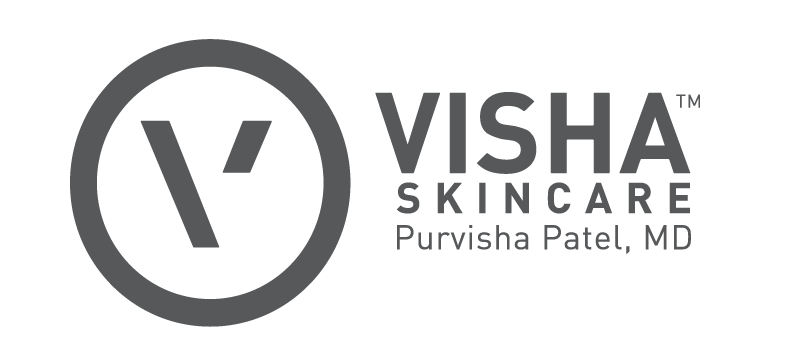
Healthline posted "Try Bakuchiol, Retinol’s Gentle, Plant-Based Sister for Fresh, Healthy Skin" featuring Dr. Purvisha Patel.
The article includes Dr. Patel's expert commentary on bakuchiol and retinol.
Anyone who’s researched how to treat fine lines, breakouts, or dark spots has likely come across the buzzword in skin care science: retinol.
If you haven’t, retinol is the go-to skin care ingredient to reverse signs of aging. The downsides of it though? It’s quite harsh on the skin and once you start using it, your skin can get used to it and it’ll no longer have incremental benefits. This means eventually to achieve the same smooth results, you can only go up in application strength. Sounds like an intense skin commitment.
But there’s been a new ingredient making waves as retinol’s gentle sister, who works equally strong magic. Bakuchiol (pronounced buh-KOO-chee-all) is a plant extract that beauty publications are calling a natural, less-irritating, and vegan alternative.
But could it actually be as powerful and beneficial as dermatologists’ go-to ingredient? With the help of experts and science, we explored.
First off, what exactly is retinol and why does it work?
Retinol is the OG of skin care for dismissing wrinkles, fine lines, and dull skin. It’s the third strongest form of retinoid, a vitamin A derivative, that promotes skin cell renewal and stimulates collagen production. Research shows 12 weeks of application can result in smoother, firmer, and all-around more youthful-looking skin.
Types of retinoid
There are five types of retinoid, all which have varying degrees of effectiveness. Retinol is the third strongest over-the-counter option while tretinoin and tazarotene are available by prescription only.
However, while it’s a favorable option for lots — and we mean lots — of people, it can also be too harsh for those with sensitive skin.
Studies show the side effects can be as serious as burning, scaling, and dermatitis. And with an ingredient that loses effectiveness over time, that’s not good news for people who need to consistently apply. These downsides are what led to the popularity of bakuchiol.
Is the fanfare around bakuchiol real?
The up-and-coming bakuchiol is a plant extract that’s said to have been used in Chinese and Indian restorative medicine for years.
But what really gives bakuchiol its edge? Well, as previously mentioned, it’s a natural alternative, meaning not only is it not as irritating, it’s a great option for those who shop vegan, clean, and in consideration of skin conditions like eczema, psoriasis, or dermatitis.
“Bakuchiol is not a vitamin A derivative and hence not as irritating as that ingredient,” dermatologist Dr. Purvisha Patel says. And a small trial confirms this: In a study with 44 participants, those who used retinol reported more stinging and harsher skin texture.
"There’s not a lot of data with [bakuchiol] as of yet and it could be promising,” says Patel. “Retinol, however, is a tried-and-true ingredient that delivers what it promises in the concentrations [in which] it’s given. So, for now, retinol is [still] the gold standard for a safe, effective ingredient in skin care that helps reduce fine lines and wrinkles.”
